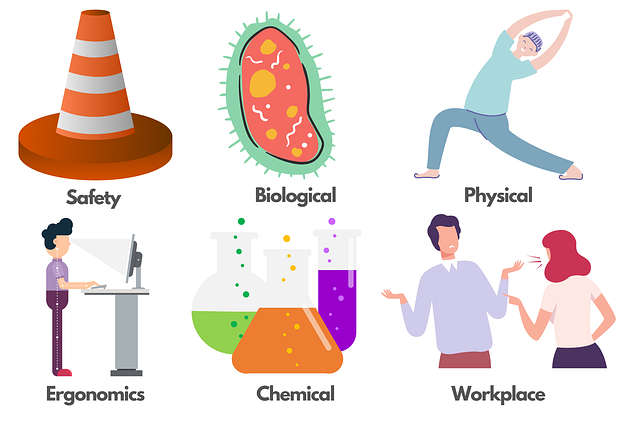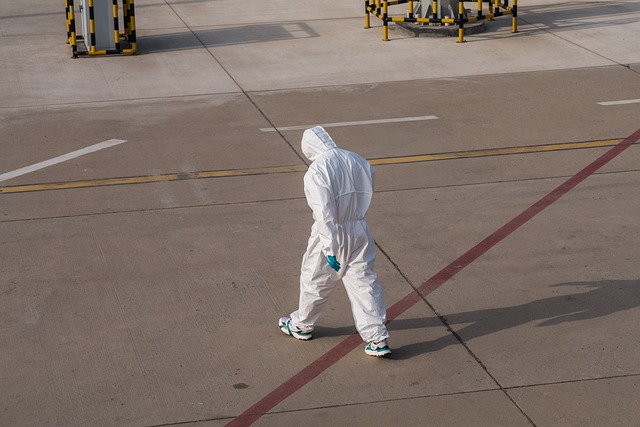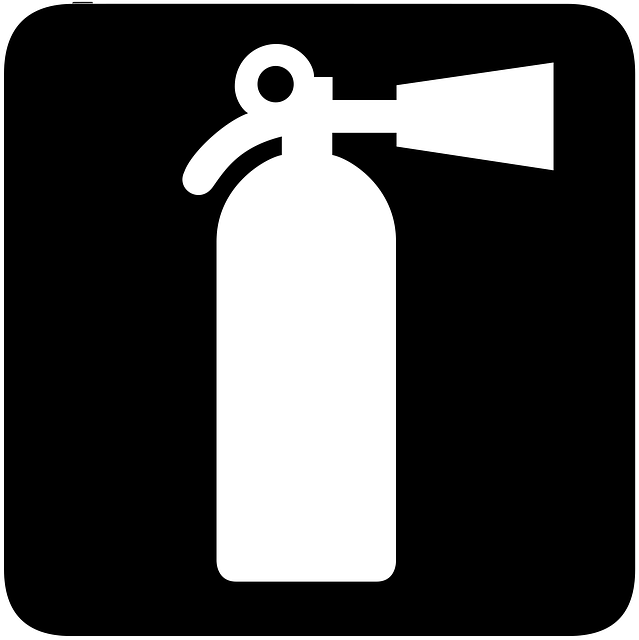Substance abuse among hospitality workers poses significant risks to guest satisfaction and business reputation, driven by industry stress and fast-paced work. Employers must implement proactive screening measures, balancing legal and ethical considerations while maintaining a safe workplace. Best practices include pre-employment checks, random testing, manager training, clear communication, and regular policy updates. Technology advancements like mobile apps, biometric sensors, AI algorithms, and digital counseling platforms enhance efficiency and accuracy in risk identification. After identification, fostering a supportive culture through employee assistance programs (EAPs), support groups, tailored rehabilitation, and employer support during recovery drives holistic transformation and ensures exceptional guest experience assurance.
“The hospitality industry, known for its vibrant atmosphere, relies on staff that embody trust and reliability. However, substance abuse among workers can significantly impact guest experience assurance. This article delves into the importance of screening hospitality employees for potential substance abuse issues. We explore legal and ethical considerations, best practices for effective programs, and innovative technological tools. Additionally, we discuss fostering a supportive culture post-screening to enhance care and rehabilitation.”
- Understanding the Impact of Substance Abuse on the Hospitality Industry
- Legal and Ethical Considerations for Screening Hospitality Workers
- Best Practices for Implementing Effective Screening Programs
- Technological Tools and Innovations in Substance Abuse Screening
- Promoting a Supportive Culture: Post-Screening Care and Rehabilitation
Understanding the Impact of Substance Abuse on the Hospitality Industry

Substance abuse among hospitality workers can significantly impact the overall guest experience assurance. The industry, known for its fast-paced and often stressful environments, is particularly vulnerable to such issues. When employees struggle with addiction, it can lead to decreased productivity, increased absenteeism, and a decline in service quality, affecting both customers’ satisfaction and the reputation of the business.
The consequences are far-reaching; from reduced staff morale to potential legal liabilities, it poses a complex challenge for employers. Moreover, substance abuse can create a safety hazard in work environments, particularly in roles that require vigilance and quick decision-making skills. Implementing robust screening processes is, therefore, crucial to identifying and addressing these issues proactively, ensuring a safe workplace and maintaining the high standards expected by guests.
Legal and Ethical Considerations for Screening Hospitality Workers

In the hospitality industry, ensuring a safe and enjoyable guest experience is paramount. However, screening hospitality workers for substance abuse issues raises important legal and ethical considerations. These considerations must be carefully navigated to uphold both workplace fairness and guest confidence. Any screening process should adhere to relevant employment laws and regulations, which vary by region but generally protect employees from arbitrary or discriminatory practices.
Ethically, a balanced approach is necessary. While prioritizing the safety of guests and colleagues, it’s crucial to respect individual privacy and dignity. Fairness dictates that any screening measures be applied consistently across all employees without targeting specific groups. Moreover, the potential impact on workers’ careers and reputations demands transparency in the process and clear communication about expectations and consequences. Ultimately, a successful screening program should aim to create a culture of responsibility and accountability, fostering a positive guest experience assurance within the hospitality workforce.
Best Practices for Implementing Effective Screening Programs

Implementing effective substance abuse screening programs for hospitality workers is a multifaceted approach that prioritizes both employee well-being and guest experience assurance. Best practices involve utilizing a combination of pre-employment screening, random testing, and incident-based investigations. Pre-employment checks can help weed out candidates with known substance abuse issues before they join the team. Random testing surprises employees, deterring potential abusers and promoting a culture of accountability. Incident-based investigations are crucial for addressing specific concerns or suspicious behaviors reported by staff or guests, allowing for targeted interventions.
Additionally, training managers and supervisors to recognize signs of substance abuse is vital. This enables them to initiate open dialogues with affected workers, offering support and guiding them towards treatment options. Clear communication about the screening process and its purpose should be maintained throughout, fostering an environment of trust and understanding. Regularly reviewing and updating these policies ensures they remain effective, aligning with evolving legal requirements and industry standards while upholding guest experience assurance.
Technological Tools and Innovations in Substance Abuse Screening

In the pursuit of guest experience assurance, hospitality industries are increasingly leveraging technological tools and innovations for substance abuse screening. These advancements offer more efficient, accurate, and discreet methods to identify potential risks compared to traditional techniques. From mobile applications that allow employees to voluntarily disclose information to advanced biometric sensors detecting subtle changes in physical indicators, these technologies are transforming the way organizations approach wellness programs.
For instance, artificial intelligence-driven algorithms can analyze patterns in behavior and health data to predict substance abuse earlier. Additionally, digital interventions like virtual counseling platforms provide accessible support systems for workers seeking help. Such innovations not only enhance the overall well-being of employees but also contribute to a safer and more supportive work environment, ultimately bolstering guest satisfaction and retention rates.
Promoting a Supportive Culture: Post-Screening Care and Rehabilitation

After screening hospitality workers for substance abuse issues, fostering a supportive culture is paramount for long-term success and guest experience assurance. A positive and understanding atmosphere encourages open dialogue about mental health and addiction, allowing employees to seek help without fear of stigma or repercussions. This can include implementing employee assistance programs (EAPs) that offer confidential counseling and referral services for rehabilitation. Additionally, creating support groups or peer mentoring programs can foster a sense of community and accountability among staff members.
Post-screening care should be tailored to meet the unique needs of each individual. Rehabilitation programs must be accessible, affordable, and tailored to address underlying causes of addiction. Employers can play a crucial role in facilitating these programs by providing resources, offering flexible schedules during recovery, and promoting employment opportunities upon successful completion of rehabilitation. By prioritizing employee well-being and implementing comprehensive post-screening care, hospitality businesses not only uphold their commitment to guest experience assurance but also contribute to the holistic transformation and long-term success of their workforce.






